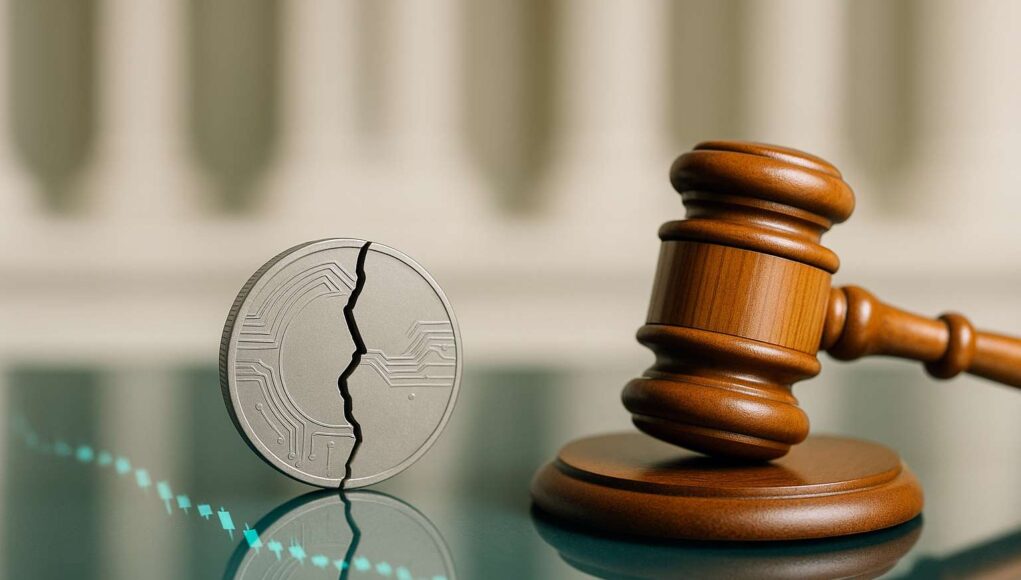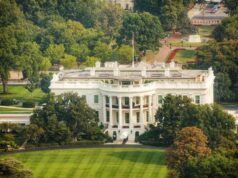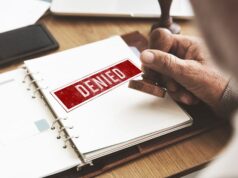Terraform Labs co-founder Do Kwon has pleaded guilty in the United States to conspiracy to commit wire fraud and securities fraud. The admission comes more than three years after the collapse of the TerraUSD (UST) stablecoin and its sister token LUNA in 2022. The implosion erased an estimated $40–44 billion in market value. It also triggered a chain reaction of bankruptcies and dealt a lasting blow to confidence in the cryptocurrency sector. Do Kwon’s guilty plea closes a long stretch of uncertainty surrounding his criminal exposure in the U.S.
From Algorithmic Darling to Historic Failure
Kwon was once celebrated as a pioneer of algorithmic stablecoins. He promoted UST as a safe, dollar‑pegged asset backed by an innovative mechanism linked to the LUNA token. Prosecutors say these claims were false. The U.S. Department of Justice (DOJ) determined that Kwon and Terraform Labs misled investors about UST’s stability. They also fabricated high‑profile partnerships to make the project appear more credible.
When the peg collapsed in May 2022, both UST and LUNA spiraled downward. In a matter of days, billions of dollars in value disappeared. The crash destabilized the broader digital asset market, forcing several crypto lenders and hedge funds with heavy exposure to shut down.
A Global Manhunt Ends in U.S. Court
Kwon fled South Korea after the collapse, managing to evade authorities for months. In March 2023, he was arrested in Montenegro for traveling with forged documents. He served a local sentence before being extradited to the United States to face federal charges. South Korea has filed its own criminal case. If convicted there, Kwon could face prosecution after completing his U.S. sentence.
The guilty plea represents a sharp reversal for Kwon. For years, he rejected all accusations, describing the TerraUSD collapse as a market failure rather than a deliberate fraud. With his guilty plea now on record, the narrative has shifted from denial to accountability in a U.S. courtroom.
Sentencing Ahead
Sentencing is scheduled for December 2025 in the Southern District of New York. Kwon faces a theoretical maximum penalty of decades in prison. However, plea deals often lead to shorter sentences. The DOJ has stressed that the case shows they will pursue crypto fraud as aggressively as traditional financial crime.
Industry Fallout and Regulatory Implications
The TerraUSD collapse became a turning point for global crypto regulation. Governments accelerated plans for stablecoin oversight and closer monitoring of DeFi projects. In the U.S., lawmakers used the case to push forward stablecoin legislation. South Korean authorities also expanded their capacity to investigate blockchain‑based financial crimes.
>>> Read more: Terraform Launches Claims Portal for Compensation
For the cryptocurrency industry, Kwon’s guilty plea is a warning. High‑profile failures can bring severe legal consequences. The case also demonstrates that cross‑border cooperation between regulators and prosecutors is becoming the norm. Civil actions and private lawsuits tied to the Terra episode continue in parallel, reinforcing that misconduct in digital assets can trigger accountability on multiple fronts: criminal, regulatory, and investor‑led.
Readers’ frequently asked questions
What happens to Terraform Labs after Do Kwon’s guilty plea?
Terraform Labs is in bankruptcy proceedings in the United States. The company’s assets and liabilities are being reviewed by the court, and ongoing civil actions may impact any remaining operations or asset distributions.
What charges did Do Kwon plead guilty to?
He admitted to conspiracy to commit wire fraud and conspiracy to commit securities fraud in connection with the TerraUSD and LUNA collapse.
Does Do Kwon face charges outside the United States?
Yes. South Korean prosecutors have filed their own criminal case against him, which could proceed after his U.S. sentence is served.
What Is In It For You? Action items you might want to consider
Track sentencing outcome and potential appeals
Kwon’s sentencing in December 2025 could set a precedent for penalties in large-scale crypto fraud cases. Monitor the court’s decision and any subsequent appeal filings to assess their impact on future prosecutions.
Monitor developments in Terraform Labs’ bankruptcy
Asset recovery efforts and creditor claims in Terraform Labs’ bankruptcy could influence investor compensation. Follow court filings and trustee updates to stay informed about possible asset distributions.
Assess regulatory response to the case
Governments are using the TerraUSD collapse as a case study for stronger stablecoin regulation. Traders and blockchain founders should watch for legislative changes in the U.S. and South Korea that may impact project compliance requirements.











[…] Kwon pleaded guilty to conspiracy to commit fraud and wire fraud. At sentencing, the court emphasized both the duration of the conduct and the magnitude of investor losses tied to the TerraUSD collapse and the subsequent LUNA crypto collapse. Victim statements described wiped-out savings, abandoned retirement plans, and long-term financial harm. […]